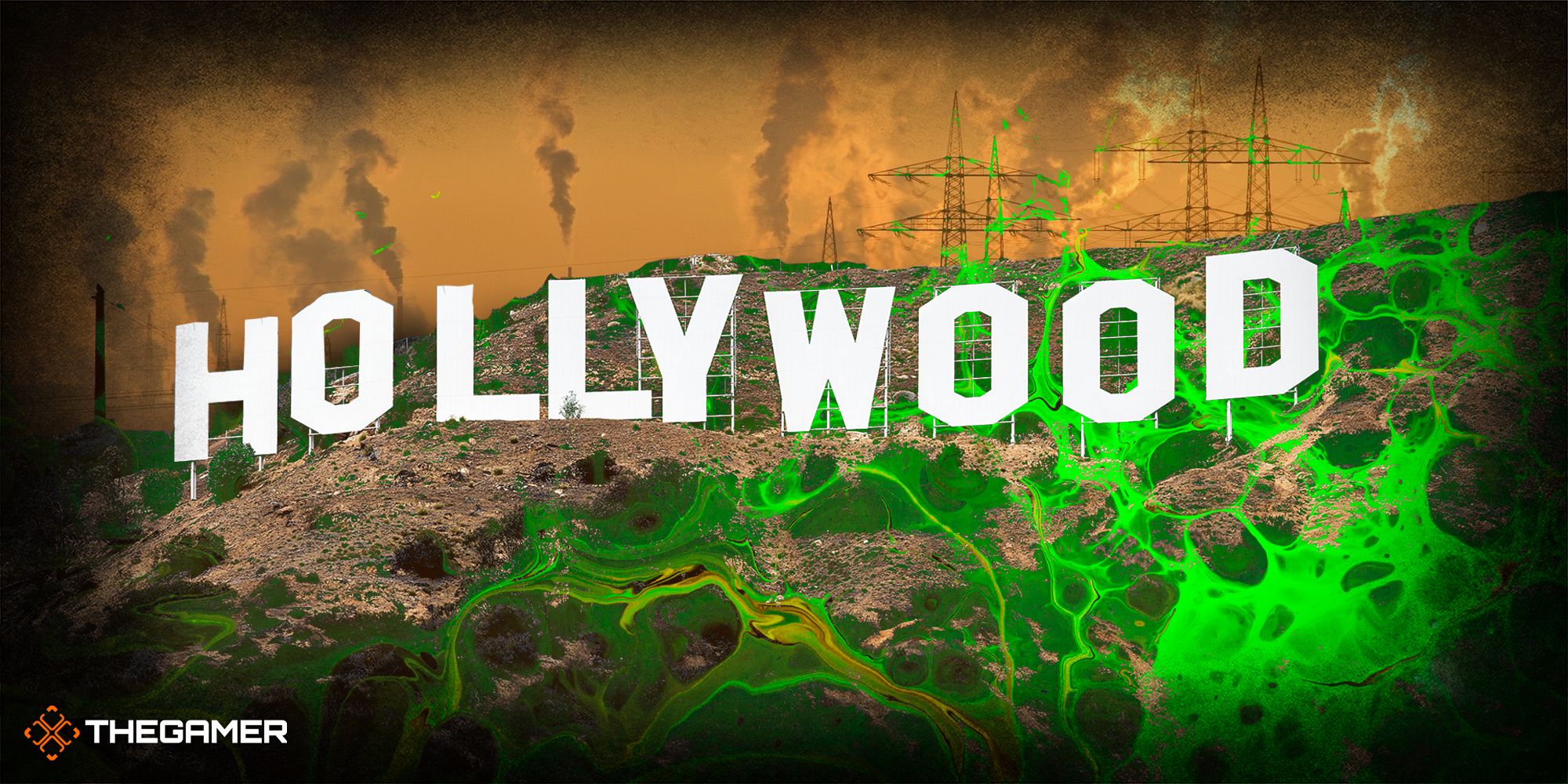The Screen Actors Guild is striking, and that’s great news for the Writers Guild of America. It is, however, terrible news for Hollywood. With actors now in the fold and beginning to strike, Hollywood will grind to a halt. Production on shows and movies will be impossible without actors, who will not be doing on- or off-camera work, auditions, rehearsals, or even publicity. The stars of Oppenheimer appeared on the red carpet of the film’s UK premiere before the screening began, but walked out of the event to “write their picket signs” once the strike was officially announced, according to director Christopher Nolan. The cast of Barbie has made its support for the strike known on red carpets, and Margot Robbie has said during the London premiere of the film that she will be striking too. Alongside filming, all press tours will stop (which means no more interview gold from Ryan Gosling, but I’m more than fine with that).
I love seeing unions exercise their power, especially when it's against corporations so hardheaded that they’re happy to let writers lose their houses before they entertain the idea of more negotiations with the WGA. A studio insider called this “a cruel but necessary evil”. The problem is that it’s cruel, and evil, but definitely not necessary. Disney CEO Bob Iger, who makes tens of millions of dollars a year, said the union’s demands were “disturbing” and “not realistic”. The top Hollywood executive, CEO of Warner Bros. Discovery Inc. David Zaslav, made half a billion between 2018 and 2022. Meanwhile, Hollywood writers make on average $260,000 a year as of 2021, meaning that Zaslav alone makes 384 times what the average Hollywood writer makes – and that’s the average inflated by a handful of superstars, not the median.
Is it necessary to drive human beings to the absolute edge of financial security to ensure corporations stay as profitable as possible? Obviously not, but these companies will do it anyway, and they won’t be sorry about it. The AMPTP, which represents studios and producers, released a supervillain-esque statement saying, “The Union has regrettably chosen a path that will lead to financial hardship for countless thousands of people who depend on the industry.” They also listed a number of components of the offer that SAG-AFTRA rejected in favour of going on strike, including, notably, a “groundbreaking AI proposal which protects performers’ digital likenesses, including a requirement for performer’s consent for the creation and use of digital replicas or for digital alterations of a performance”.
Pay attention to that one. It sounds like exactly what the SAG have been fighting for, right? It turns out that it’s really not. This particular ‘concession’ was addressed by one of SAG-AFTRA’s leaders, Duncan Crabtree-Ireland, who explained what the proposal actually was: “They proposed that our background performers should be able to be scanned, get one day’s pay, and their company should own that scan, their image, their likeness and should be able to use it for the rest of eternity, in any project they want with no consent and with no compensation.” That is very different from protecting digital likenesses – in fact, it’s the exact opposite of the protections the union was trying to get for its members.
Even worse, it looks like the studios have already begun doing this. Lin Codega of Gizmodo has done some excellent reporting, collating tweets from SAG members who have heard about this practice in the real world. One tweet says that a big film wouldn’t book background actors unless they were willing to sign away their digital rights and be scanned. Another says a background actor in a Marvel movie was brought to “the truck” where her face and body were scanned three times. Her image is now owned in perpetuity for $100. Apparently, all the background actors on Cruella were scanned. This isn’t happening to big-name, A-list actors, it is happening to actors who want to become part of SAG or workaday union members who already don’t earn that much.
Fran Drescher, president of SAG-AFTRA, was right in her speech about strike plans. “If we don’t stand tall right now, we are all going to be in trouble. We are all going to be in jeopardy of being replaced by machines and big business,” she said. It’s already happening all around us. AI is being quietly added to websites alongside reputable journalists, publishing inaccurate and shoddy work. Voice actors are having their voices stolen and used, despite the ethical issues. Artists are having their work stolen and repurposed into AI-generated images at unprecedented rates, and are even being passed over for jobs in favour of generative AI. What is happening now is an inflection point in history, a moment in which we decide whether one of the world’s biggest and most culturally important industries will be crushed by the fist of capital or allowed to remain a viable career. This is why unions exist – to defy corporate greed and profit at the expense of real human beings. I hope for a quick end to the strikes, but more realistically, I hope they eventually get the contracts they deserve.

